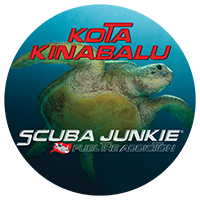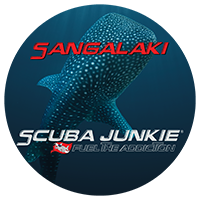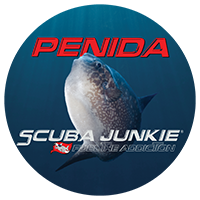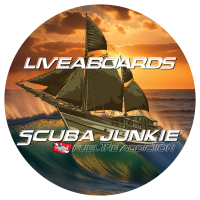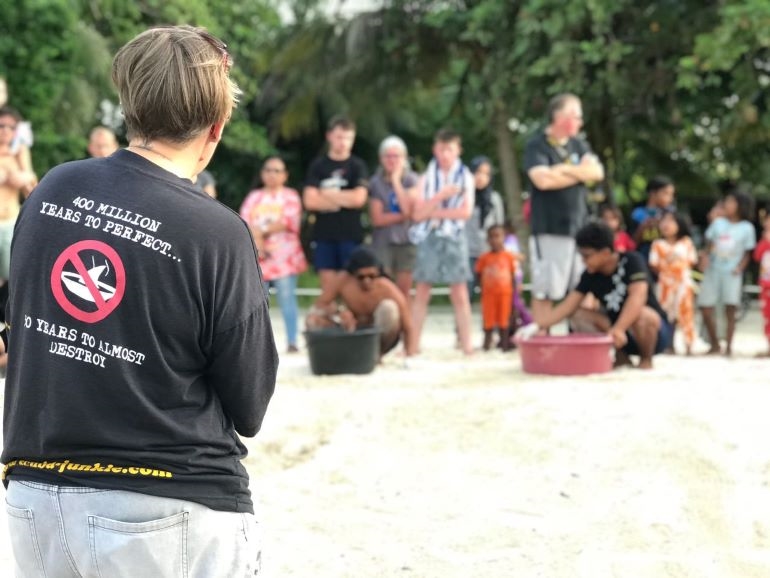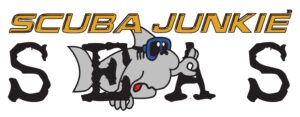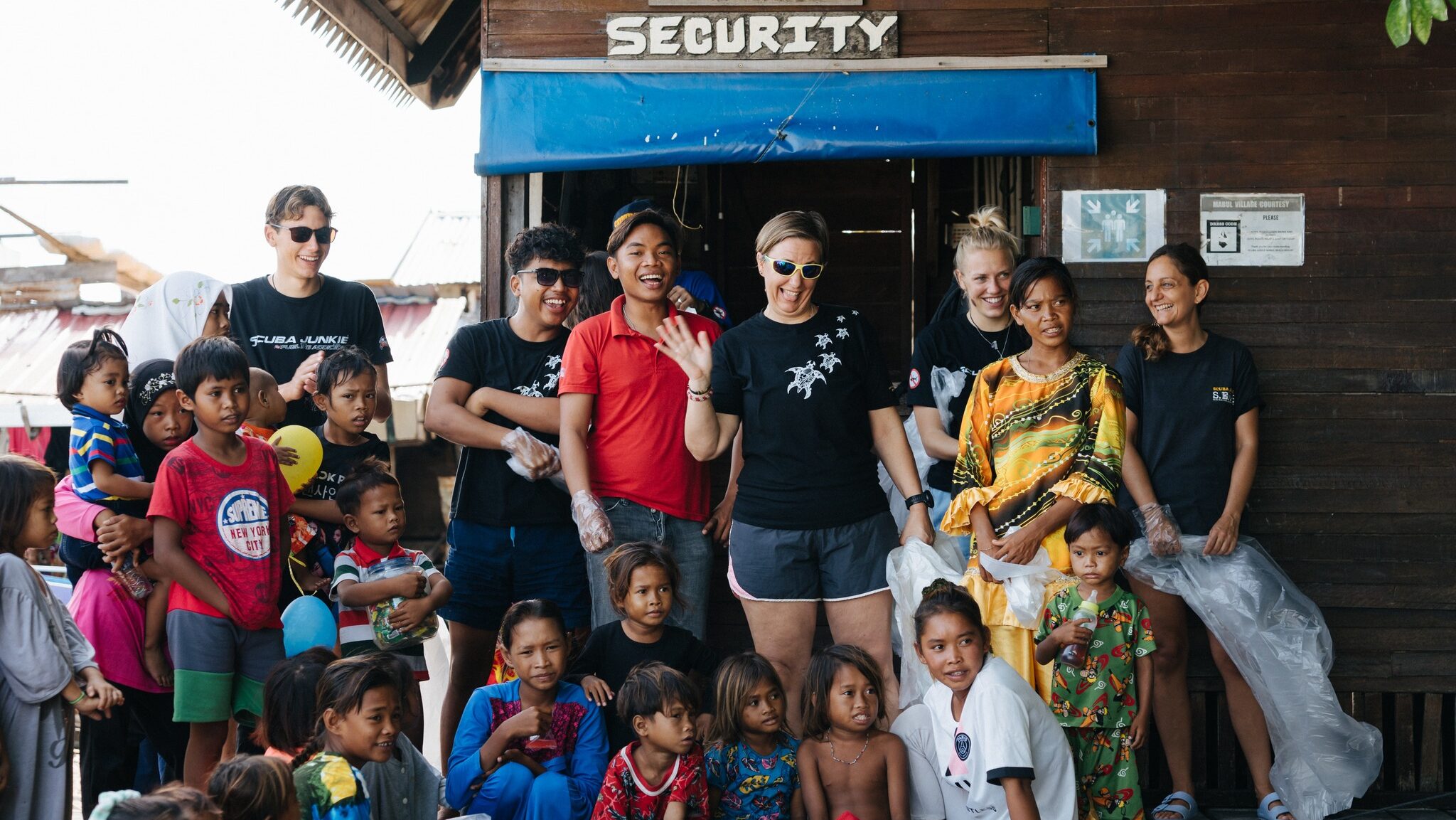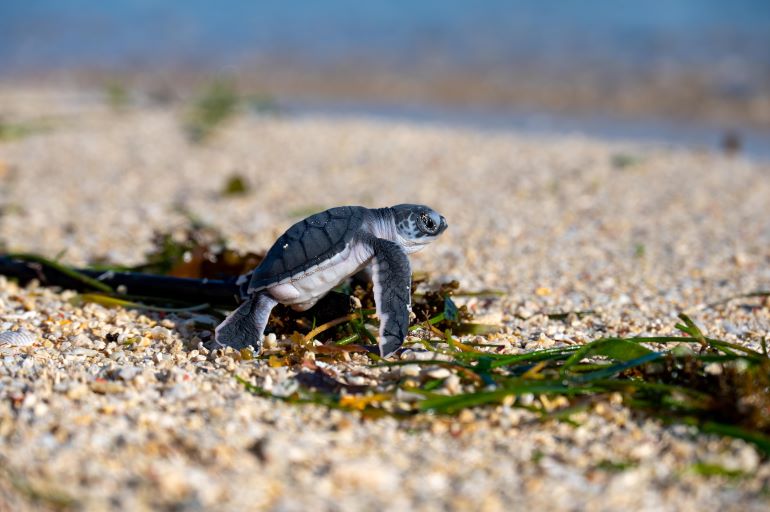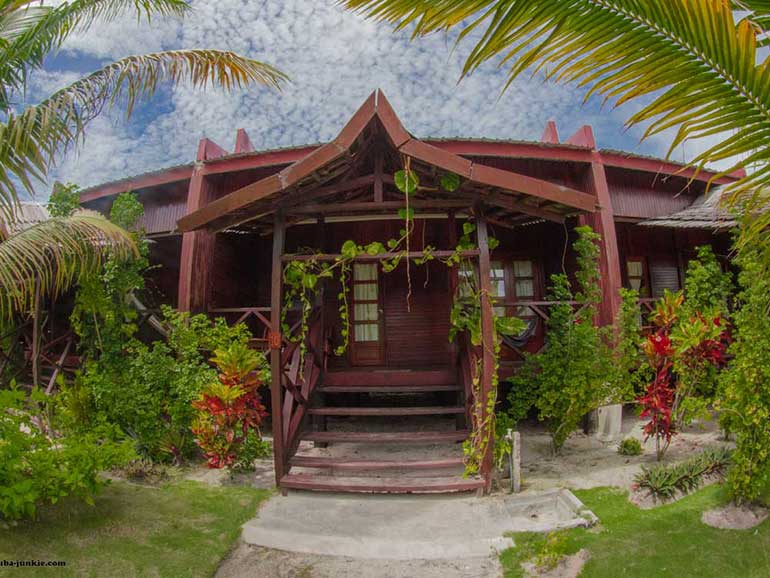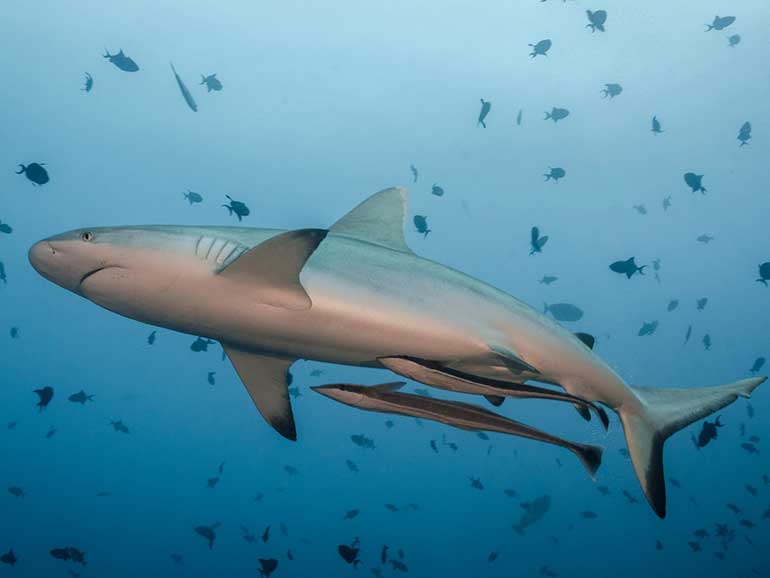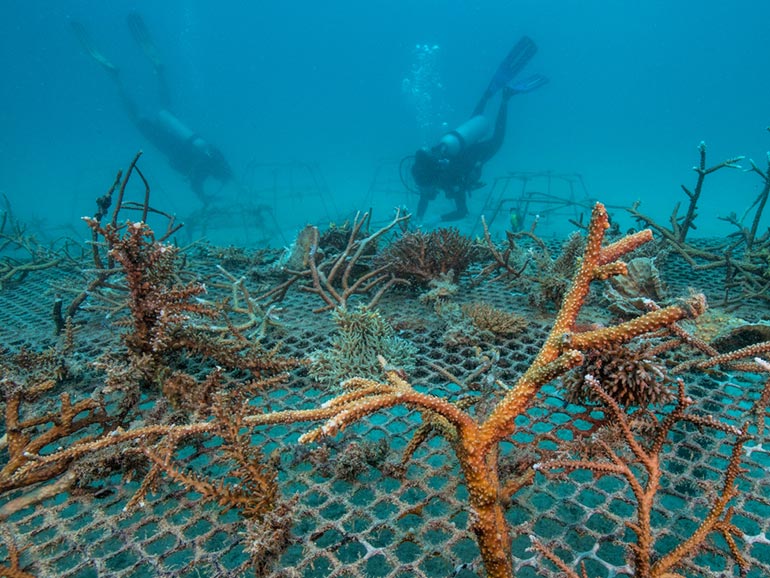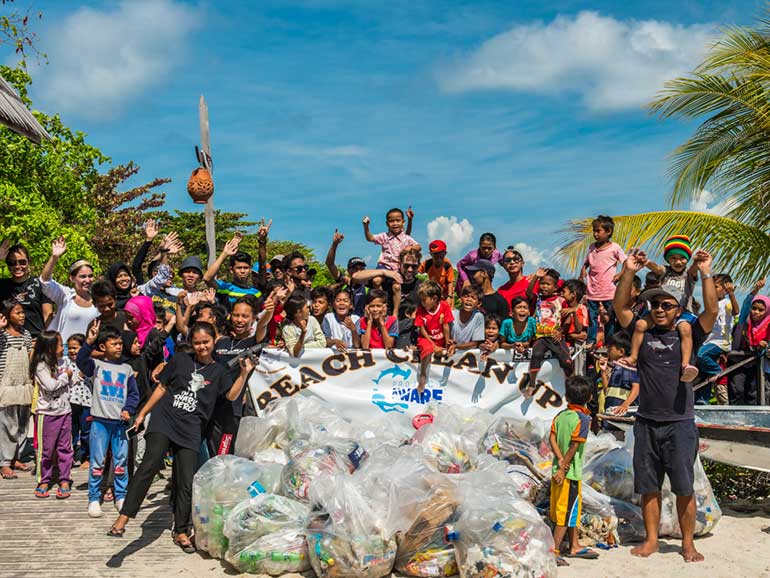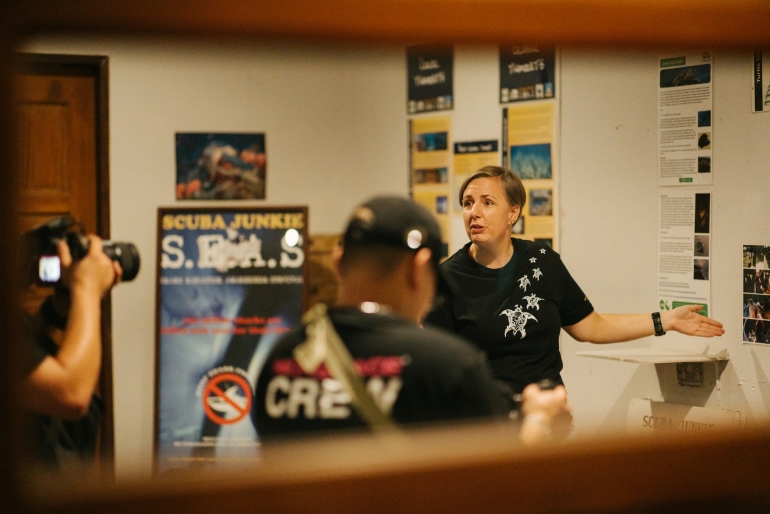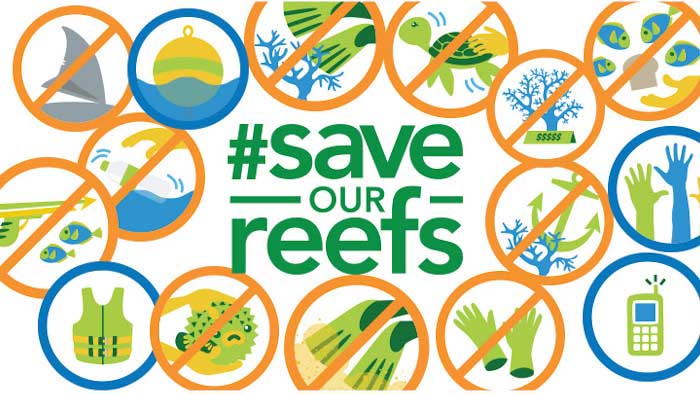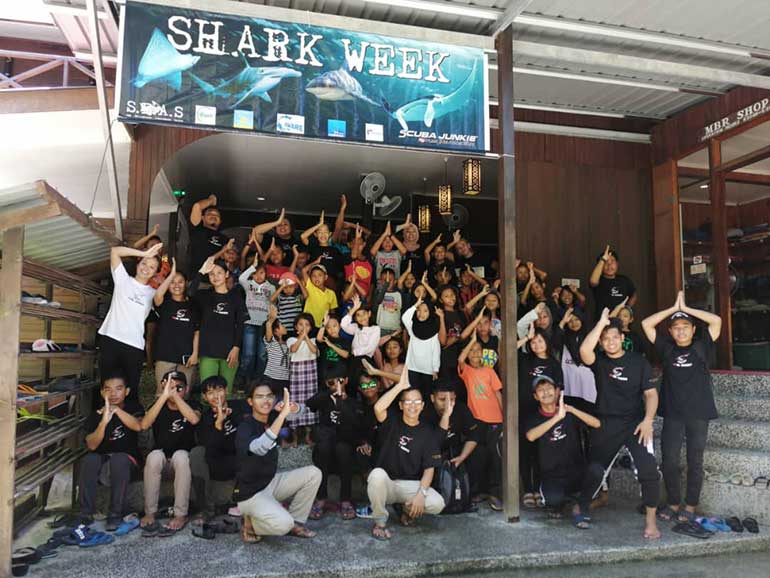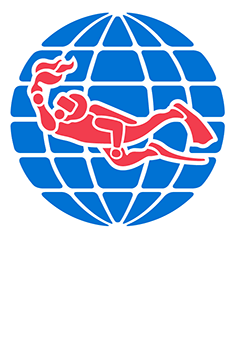Scuba Junkie was founded by divers who are passionate about the marine and terrestrial environments. We believe that as divers and snorkelers, we are fortunate to be able to experience the joy and beauty of the underwater world, and that it is our responsibility to protect and conserve what we see.
Care for the local environment is therefore at the core of all our business operations. We hold ourselves to high responsible and eco-tourism standards, and we strive to reduce our own adverse impacts on the marine environment by implementing eco-friendly practices and technologies.
To help protect the Reefs for generations to come, Scuba Junkie Sipadan requests all divers and snorkellers to ensure they use "Reef Safe" suncream when enjoying the beautiful marine life in this part of the world.
New for 2025, we are now inviting all guests to get involved too with a voluntary donation of 50RM. Scuba Junkie have pledged to match these donations made to SEAS, doubling the impact your donation can make! Please find out more here

